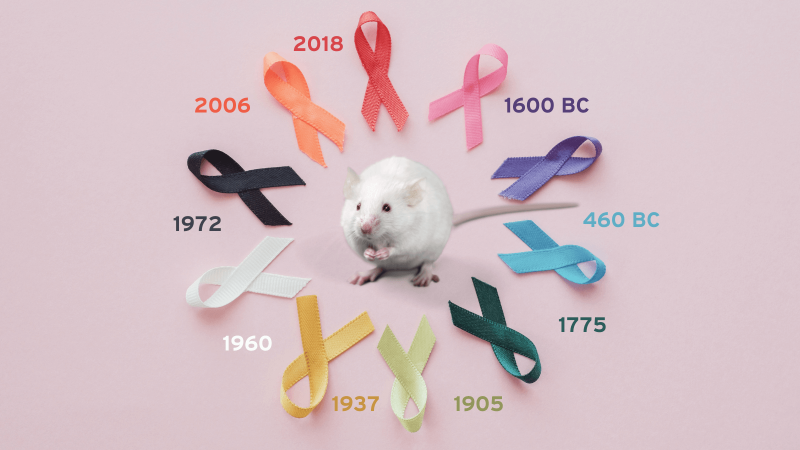
Text to go here...
 A common cancer treatment has been shown to be more effective and less toxic when administered at more frequent, lower doses. Tests using a mouse model of prostate cancer have revealed that at lower doses a medicine called topotecan targets blood vessel growth only, providing a more selective way to kill tumours.
A common cancer treatment has been shown to be more effective and less toxic when administered at more frequent, lower doses. Tests using a mouse model of prostate cancer have revealed that at lower doses a medicine called topotecan targets blood vessel growth only, providing a more selective way to kill tumours.
Topotecan is a common chemotherapy for a wide range of cancers. But like many chemotherapies, it has side-effects as it is toxic to healthy cells as well as cancerous ones. However, scientists are increasingly finding that more frequent low doses – so called metronomic dosing – may provide a safer and more effective way of combating cancer.
The recent study shows, using cancer cell lines and the mouse model, that low doses can reduce the size of cancers without being toxic to healthy cells.
Intriguingly, the lower dose changes the effect topotecan has inside cells. It was found that traditional higher dosing and lower metronomic dosing affect the activity of different genes. This explains why they have different effects on cells although more research is needed to fully understand the reason behind the observed differences.
As topotecan is already a widely used therapy, it is hoped that the findings could quickly lead to more effective use of the medicine for prostate, breast and other cancers.
Last edited: 29 July 2022 10:55



